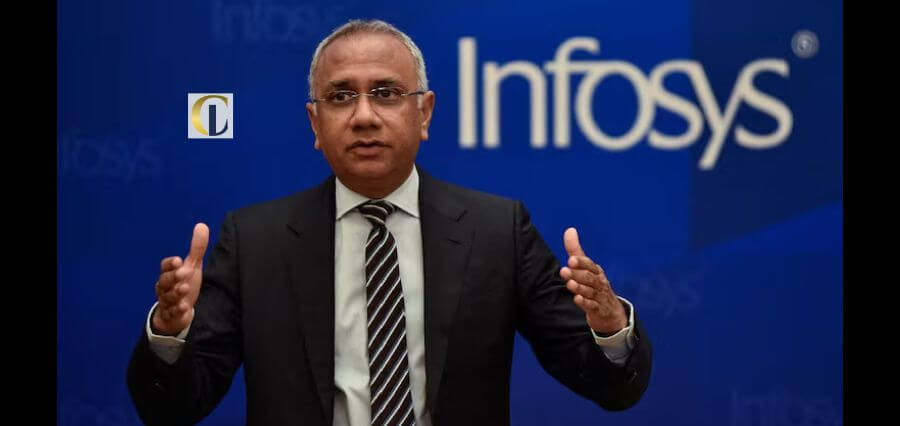The International Monetary Fund (IMF) has increased its GDP growth forecast for India in FY24 by 40 basis points (bps) to 6.7% and for FY25 by 20 bps to 6.5%, as stated in its latest ‘World Economic Outlook’ report. This adjustment is 30 bps lower than the Reserve Bank of India’s estimate of 7.0% for FY24. The finance ministry acknowledged the IMF’s revised growth forecast for India in FY24 to 6.7%, up from 6.3%, attributing it to the robust Q2 GDP performance and highlighting the role of resilient domestic demand.
Even with the upward revision to 6.7%, India would retain its status as the fastest-growing major economy globally. Nevertheless, the forecast for FY24 still lags by 60 basis points compared to the National Statistical Office’s (NSO) estimate. The NSO recently projected India’s economy to grow at 7.3% in the current fiscal year, extrapolating data from the initial seven to eight months. The IMF’s estimate is also 30 basis points below the Reserve Bank of India’s (RBI) projection of 7.0% for FY24. The finance ministry noted that the IMF revised India’s FY24 growth forecast to 6.7% from 6.3%, citing the robust Q2 GDP performance, which exceeded market expectations at 7.6%.
“The IMF has increased the medium-term (potential) GDP growth to 6.5% from 6.3%, acknowledging robust public investment, favorable labor market outcomes based on the latest PLFS report, and adjustments to our model,” stated the finance ministry. However, the IMF’s projection for the upcoming fiscal year is approximately 50 basis points lower than the finance ministry’s estimate. In a report, Chief Economic Adviser V Anantha Nageswaran suggested that India’s real GDP growth is likely to be around 7% in FY25 for the fourth consecutive year.
He anticipates India’s economy reaching the $5 trillion milestone by 2027-28, positioning it as the third-largest economy globally. The finance ministry report stated that achieving a growth rate above 7% in the coming years is highly feasible, driven by the robust financial sector and ongoing and prospective structural reforms. The only significant concern highlighted in the report is the heightened risk of geopolitical conflicts.








